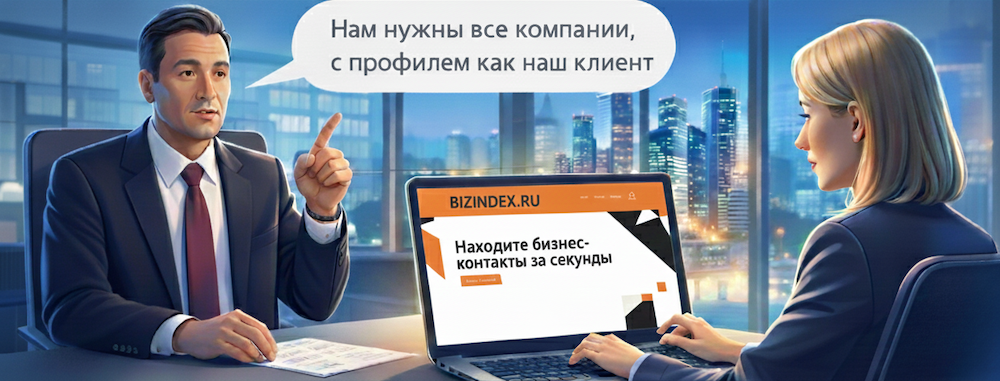Лингво - стилистический анализ текста. просмотров: 4938
Analyzing the Text – by – “I. Asimov” – “The fun they had” – Аракин 3 курс.
The text, or even better, the passage I am going to speak on is taken from the book written by I. Asimov “The fun they had”.
The extract begins with introducing Margie to us, but does not imply introduction. In the passage, where the author describes finding of a real book he uses the pronoun ”HIS”. The author underlines it graphically, to show the vast gap in the epochs, habits, morality, way of life and model of life.
To show that this text belongs to science fiction and the action takes place in the future, the author uses neologisms, like: telebooks and mechanical teacher, to describe new things that had not existed.
To make the narration more vividly the author implies dialogs in direct speech between Margie and Tommy. The kids are teenagers, and to show that, the author uses interjections and colloquialisms, like: gee and I ques.
The girl’s sketches are shown in the text through her attitude to school. She hated school. And to stress that fact the author uses repetition of the words, like: hate and worse, and parallel constructions to strengthen the effect. Also we may observe the negative feelings of the girl towards the teacher, and the County Inspector. In describing the County Inspector the author uses an epithet which may be extended to metaphor, like: a round man.
Describing the fact when the mechanical teacher had been broken, the author uses irony and personification, like: took the teacher apart. Also we may continue to observe the girl`s negative feelings. The author depicts that through modality of the verbs, and passive constructions, like: had to, had to and made her.
All these show that she disliked the school, it was not the joy for her, it was more necessity than her will.
While describing the boy`s character, the author again implies the dialog, where he uses epithet, like: superior eyes, to show his superior attitude towards the girl, because he knew a lot more than she did. Here we also may see irony in the boy`s attitude to the girl. However we came across with the curved words again, like: centuries ago and regular teacher, to strengthen the effect of differences between generations. Also the author here again shows us that Margie and Tommy are only kids, by using colloquialisms and illiterate, like: stupid, sure, and I betcha.
Through these he means to show the kids to us, and to show us that no matter what kind of mechanical devices you may have, the children will remain children. And the author shows it through that clash of styles. That proves the next passage, where Margie and Tommy discussed another their meeting to read the book. The author shows again Tommy`s superiority at Margie by using the word belonging to the high flown style, to answer her simple question, like: nonchalantly and at the same time his childness, by using colloquialisms, like: tucked beneath his arm. Through the whole text the author juxtaposes two models of life, and two different styles of narration.
The ending of the text is in vein of the text, in vein of juxtaposition the two epochs. During Margie`s lessons with the mechanical teacher she ignored him and was thinking about an old school. Margie envied those boys and girls to live at that time and that epoch, and she wanted to live there, to have a real teacher, who could encourage a child, to sympathize a child. The author expresses that by using an emphatic construction, like: and the teachers were people….
Another peculiarity of this construction is that it leaves to the reader to judge or to think more about what the author meant to say, open-ended. Also to strengthen the effect of differences between kids in the past and the kids in the future, the author implies here parallel constructions, through gerundial form construction, like: laughing, shouting, sitting, going. Through these verbs the author tries to show the verbs of dynamic, activity, and emphasize their way of life.
To crown it all up, I’d like to say, that through all the text the author tries to show us, that no matter at what time or epoch you live, you will feel need in human communication, and even dealing with machines you will lack that communication. And the children in the future feel lack of human communication, during their classes with the mechanical teachers, which they desperately need and the fun they did not have.
Загружено переводчиком: Прасолова Светлана Игоревна Биржа переводов 01
Язык оригинала: английский
